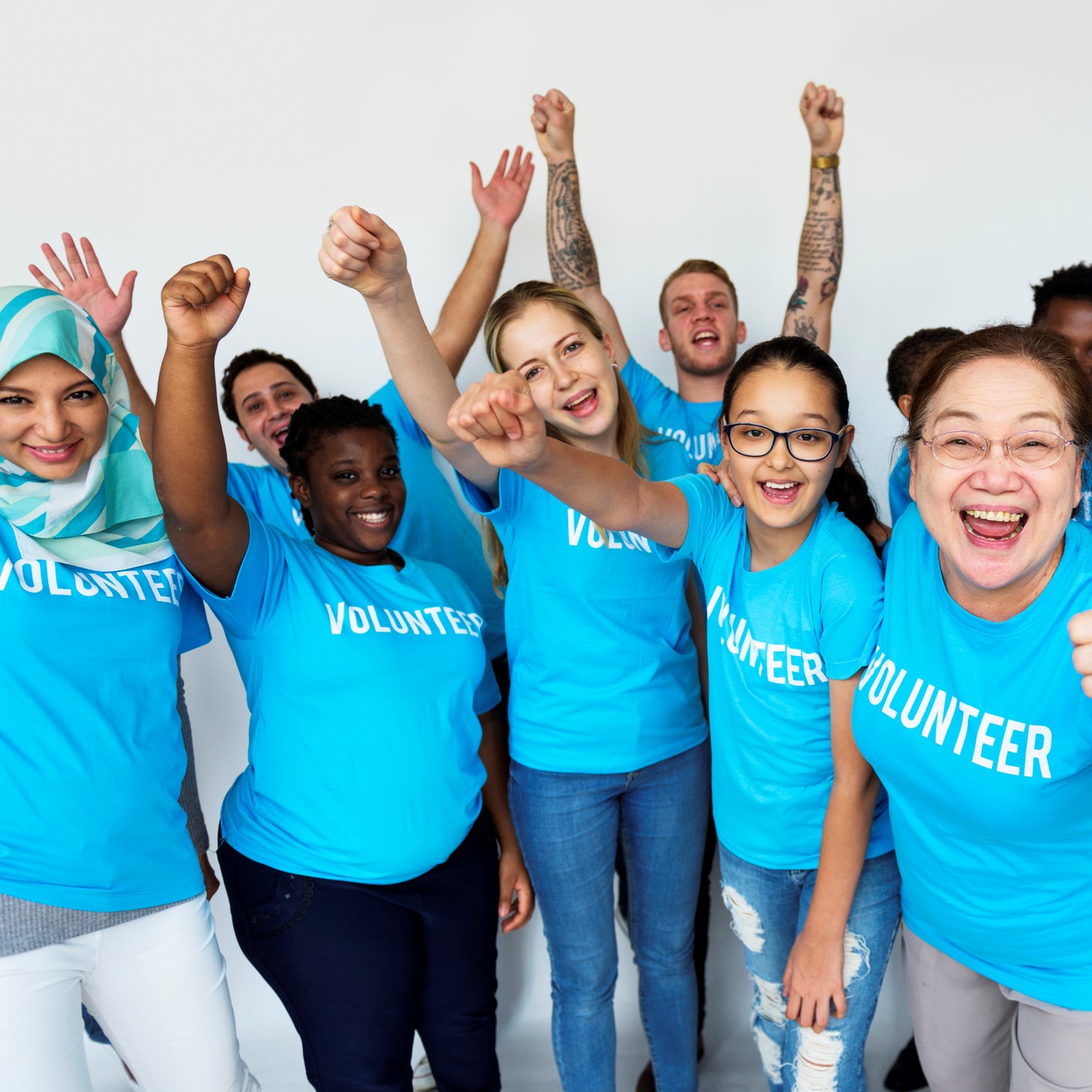
Volunteer coordinators know that developing relationships with volunteers takes time and intention.
When there are endless roles to fill, it can be important to make sure every contact isn’t an ask, and that there’s a blend of informing volunteers on developments at the organization and appreciating how much they give in the mix, too.
“I definitely see the value in reaching out to volunteers outside of asking them for something,” says Jana, a longtime volunteer coordinator at a homeless youth shelter. “We try to send birthday cards each year to volunteers and at least one other personalized note or small gift outside of that. That could be a quick hand-written note sent to them in the mail or a small gift with an agency branded mug, shirt, or other small token of our appreciation. These other touch points are usually not connected to an anniversary or milestone, rather just an opportunity to check in. I think it’s important to build a personal relationship with our ongoing volunteers, but I have the luxury of being able to do that more easily than an organization that works with thousands of volunteers yearly.”
Jana says that enlisting the help of the clients you serve can also send a meaningful message to volunteers. Think of ways the “thank you” can come from the collective voice of the organization, rather than just your position.
“Because the majority of our volunteers work withthe kids here in the shelter, we will sometimes ask the kids who work with them to sign a card or even create their own. If we know a volunteer is ill or injured, we may send get well cards to let them know we are thinking of them. Our organization also has quarterly talent shows where the kids in the shelter perform songs, skits, live art installations, and more. We invite our volunteers to attend these shows as a way to celebrate the achievements of the kids they work with and we’ve had a great response from the volunteers who attend.”
Volunteer coordinators at non-social service organizations can also get creative. Environmental organizations might send volunteers an annual calendar with nature photography. An animal shelter could create thank you videos that get everyone’s tails wagging. Enlist your marketing and/or development team to help come up with creative touchpoints that aren’t an ask.

 Did you know that only 15% of volunteers do the majority of volunteering?
Did you know that only 15% of volunteers do the majority of volunteering?




